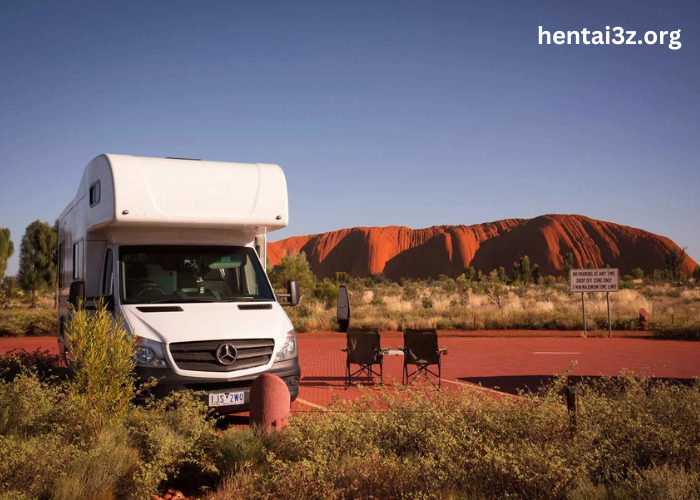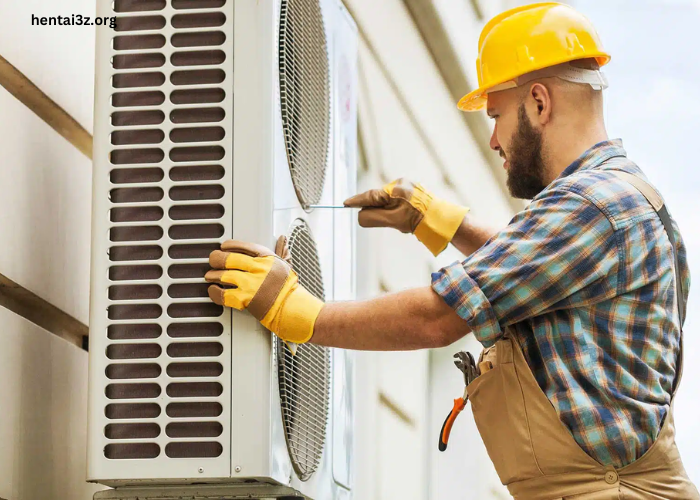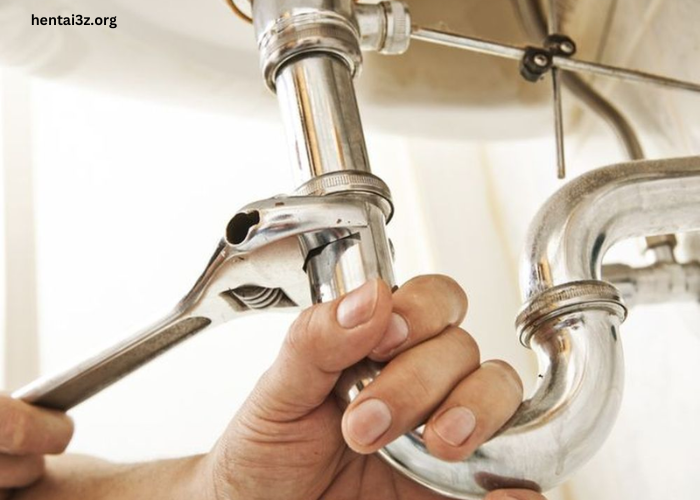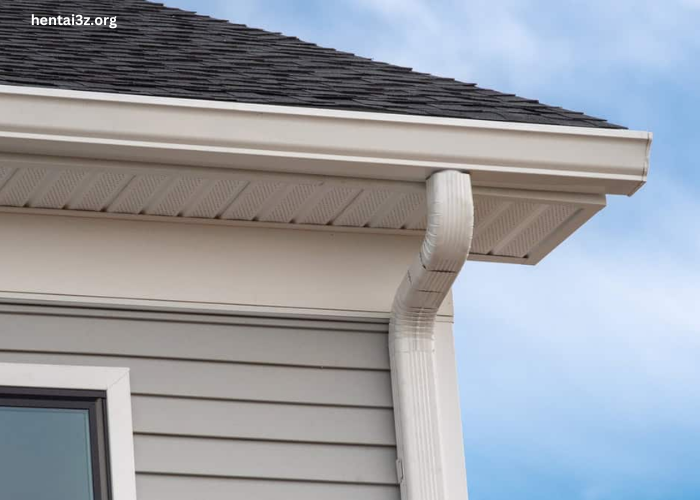
Buying an RV (recreational vehicle) is exciting as it promises road trips, freedom to travel, and a mobile lifestyle. However, before you take the plunge, there are several important factors to consider to ensure you make the best decision.
Budget
The first and most crucial factor is your budget. RVs come in a wide range of prices, from affordable pop-up campers to luxury motorhomes costing hundreds of thousands of dollars. Aside from the purchase price, there are ongoing expenses, including insurance, maintenance, storage, and fuel costs. Make sure you establish a realistic budget that includes all these aspects.
Types of RVs
RVs come in various shapes and sizes, and understanding the different types will help you choose the one that fits your needs.
- Class A: These are the large, bus-like motorhomes with plenty of space and amenities. They’re ideal for full-time RV living but come with higher fuel and maintenance costs.
- Class B: Also known as campervans, these are smaller and more fuel-efficient but have limited space and features.
- Class C: A compromise between Class A and Class B, offering a moderate amount of space while still being easier to drive.
- Towable Trailers: If you already own a vehicle capable of towing, you can opt for a travel trailer or fifth-wheel camper. These offer flexibility but require you to learn how to tow and manage the trailer.
New vs. Used
Another major decision is whether to buy a new or used RV.
- New RVs come with the latest features and warranties, but they also depreciate quickly.
- Used RVs can offer excellent value, especially if they are well-maintained. However, they may require more upkeep and repairs. It’s important to get a thorough inspection before purchasing a used model.
Maintenance
An RV is essentially a home on wheels, and like any vehicle or house, it requires regular maintenance. From the engine (in the case of motorized RVs) to the plumbing, electrical systems, and even the roof, there’s a lot that can go wrong. Make sure you’re prepared for the time and financial investment required to keep your RV in top shape.
Storage and Parking
When you’re not using your RV, you’ll need a place to store it. If you don’t have space at home, you may need to pay for off-site storage. RV parking at campsites can be limited, especially for larger rigs, so be sure to research whether your preferred destinations have the necessary accommodations.
Delivery and Shipping
Whether you’re buying an RV locally or from a distant seller, delivery or shipping is an essential factor to consider. If purchasing from a dealer far from your location or even out of state, you may need to pay for delivery, which can range from a few hundred to several thousand dollars depending on the distance, size of the RV, and shipping method. You can find trusted RV movers at Shiply.
Towing Capacity
If you’re considering a towable RV, ensure your vehicle is capable of towing it safely. Each RV has a specific weight (GVWR) that dictates what type of vehicle can tow it. Overloading your car or truck can be dangerous and cause significant wear and tear.
Insurance
Insurance for an RV can be expensive and varies based on factors like the RV’s age, size, and type, as well as how often you plan to use it. Make sure you shop around for RV-specific insurance policies and factor this cost into your overall budget.




